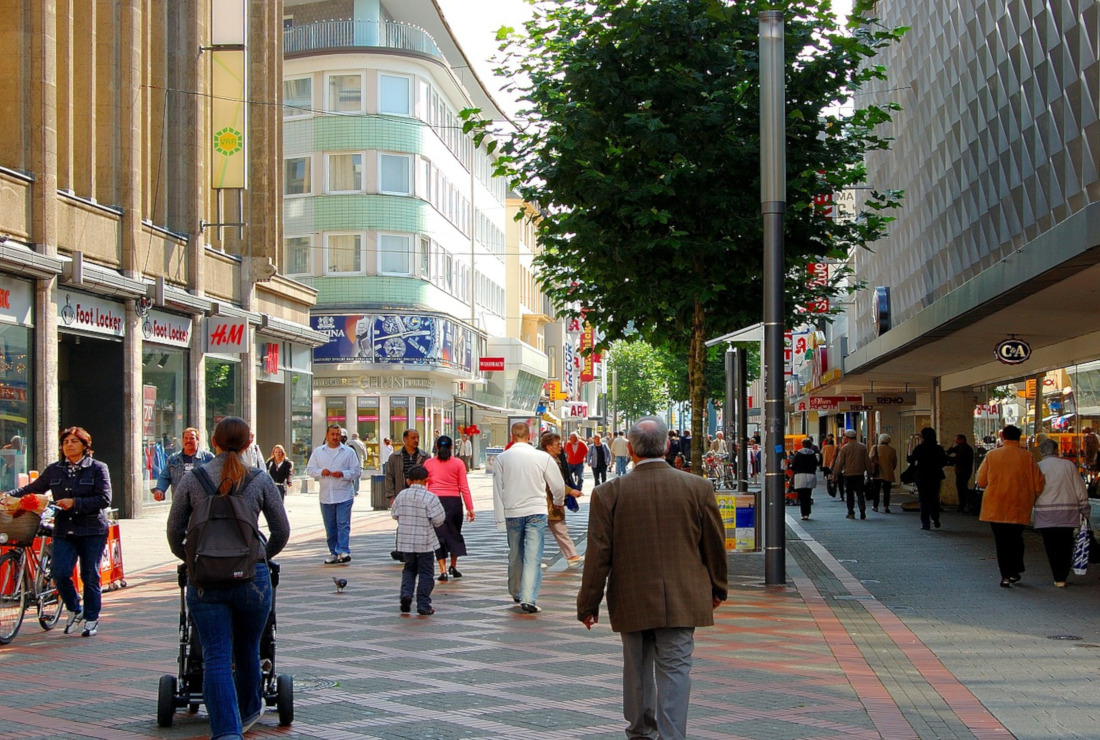
11 Mar Car-free centres bring customers
Posted at 13:06h
in Unkategorisiert
According to the business magazine Forbes, a new study has confirmed that car-free centres stimulate trade. In December 2018, Madrid for the first time closed the center to private car traffic during the Christmas season. On the largest shopping street, Gran Via, a sales increase of 9.5 % was achieved. In Bilbao, too, sales in the city centre increased by 3.3 % due to a reduction in car traffic. In Madrid, air pollution was also reduced by 71%.
Cities which want to boost takings in shops and restaurants should restrict access for motorists, a new study suggests.
You can find the complete article and further information here.


